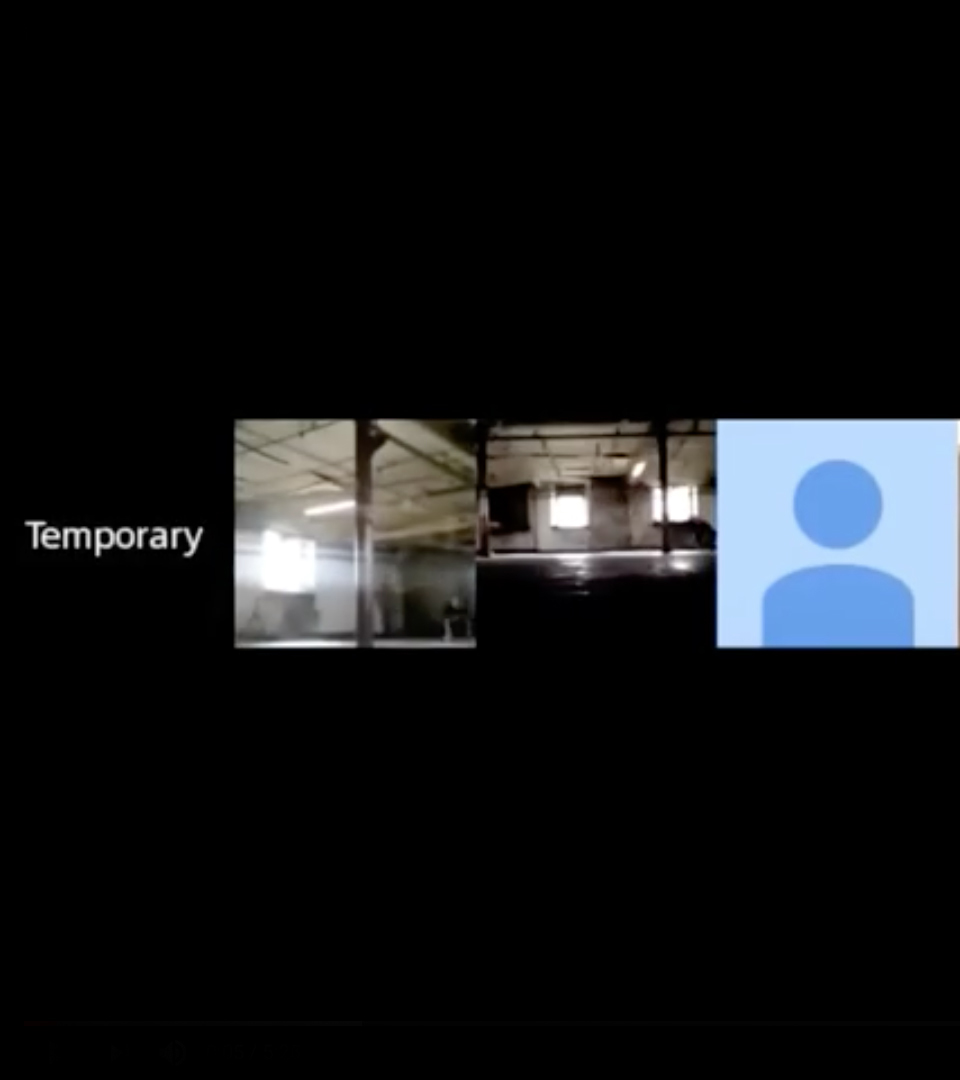

Post Show Blues By David McLeavy (Extract from Chapter 4) Walking back from his meeting with Carsten, Miles couldn’t help but think he had been cheated. He found it hard to shake off the hollow feeling that he had felt ever since they met, which was undoubtedly brought on by the almost total lack of conversation between them about the artwork that he had presented before his gallerist. Obviously Carsten’s main purpose is to sell his work but why couldn’t he just pretend to care about its artistic merit. After all he could be selling anything if he wanted to, so why choose artwork if you are not interested in talking about art? Miles kicked up the leaves that surrounded his studio building as he thought about turning the key to the cold and gloomy space where he has spent the last 6 months. It no longer seemed attractive to re enter the world of painting when he felt so disenfranchised by the events of the last 2 hours. The language that Carsten used bore a stark resemblance to his experience when working for a high street retail chain. He was only one small step away from referring to his paintings as having KPIs, which to non shop workers, are ‘key performance indicators’. A short, sharp shiver began to trickle down Miles’ spine, as the thought seemed less and less ridiculous the more he considered it. Miles never liked to think about his work on any terms that sit outside of painting. The commercial side and questions of authorship always seemed to fill his stomach with a dull ache. He had always been the maker and the owner of his work but ever since he signed a contract with Carsten around 18 months ago, he was unsure as to who owned what and what his legal rights were. A level of trust had been put in Carsten, and Miles hoped that he had his best interests in mind, but as time went on he had become increasingly dubious that this were the case. After a few more laps of his warehouse studio, Miles eventually made the decision to venture back in. This was partly due to the fact that he no longer had any feeling left in his fingers and toes due to the cold October wind, but he convinced himself that it was down to his commitment to his practice. As he scaled the metal staircase leading to his small corner studio his phone beeped. It was Carsten. The message read… - Hi Miles. It’s Carsten. It was great to see you today and to chat about the work for your show. I had another thought. I have some clients who really want to meet you and I know you are not keen on meeting up with buyers but this is important. I want to set up a series of meals between my clients and yourself. It’s a good chance for you to talk about the work and it’s important to them and impotent to me. Let me know what you think and ill set things up. I need you to make a decision by the end of the day. Thanks x - The first thing that crossed Miles’ mind was the use of the word ‘impotent’, which was almost certainly a Freudian slip by Carsten, when in fact he almost certainly meant to put ‘important’. Once this fleeting thought exited his mind, all that Miles could focus on was how much he did not want to be paraded around like some sort of spectacle. If his gallerist seemingly had no interest in his work then why should he be speaking about it on his behalf and to his benefit? He understood that his irritation was in some way slightly irrational as Carsten’s primary role was to sell his work, but the hollow feeling still remained in his mind following their earlier meeting. The problem was, that despite signing a contract with his gallery, Miles still wasn’t’ entirely sure as to what their responsibly was and therefore what his responsibility was. He never thought of breaching the subject as despite his bemusement with many of Carsten’s actions, he would never mention it as he was slightly intimidated by his forthright nature and stories of his cutthroat business past. That was the problem, they never spoke about the issues. The money was not spoken about in open terms, it was always determined by Carsten. The artwork was never spoken about in any other terms than money. The problem in some respects wasn’t the gallery system that Miles found himself in, it was his fear of trying to address the issues directly between himself and the gallery. Who was dominant in this relationship? Carsten or Miles? Miles or Carsten? Or perhaps it was neither of them and the clients were the dominant force? Miles always had the intention of entering into the agreement as equals but somewhere along the way the apparent transparency seemed to become clouded with the unspoken haze of commerce. | ||